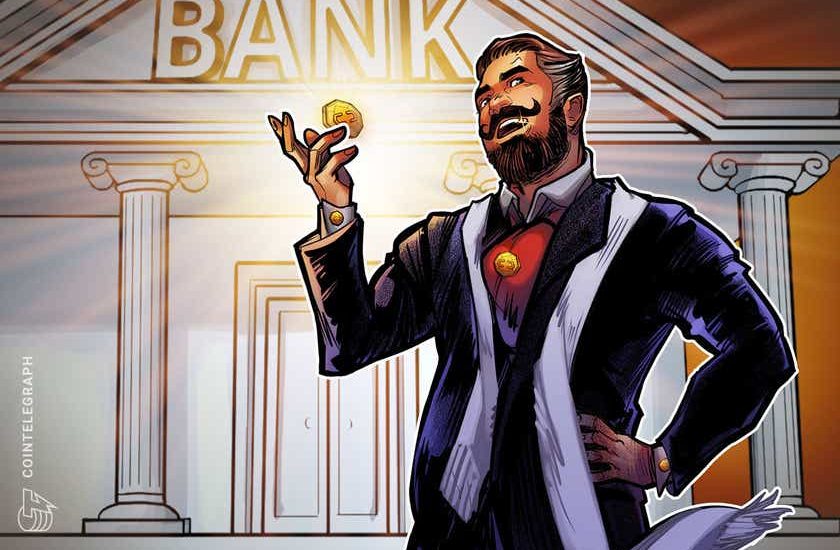- March 8, 2022
- Posted by: admin
- Category: BitCoin, Blockchain, Cryptocurrency, Investments


Prior to the latest approval, Sygnum Singapore was only allowed to offer asset management activities with its CMS license.
Sygnum Singapore, a subsidiary of Switzerland-based cryptocurrency bank Sygnum, is expanding services after securing new regulatory approval from local authorities.
The company announced Tuesday that Sygnum Singapore received in-principle approval from the Monetary Authority of Singapore (MAS) to offer three additional regulated activities under capital markets services (CMS) license. The CMS license was initially granted in 2019, allowing Sygnum Singapore to conduct asset management activities.
The latest in-principle regulatory approval upgrades Sygnum Singapore to enable new tools like providing corporate finance advisory services, dealing with tokenized capital market products and digital assets, as well as offering custodial services for asset and security tokens.
With the additional regulated activities, Sygnum plans to offer its tokenization solution in Singapore with an initial focus on the tokenization of fund units. The firm specifically intends to start with its newly launched venture capital fund, the SBI-Sygnum-Azimut Digital Asset Opportunity fund. Future projects also include providing corporate finance advice to Web3 platforms and digital creators, as well as work on digital collectibles, non-fungible tokens (NFTs) and metaverse assets.
Sygnum is operating its own tokenization platform in Switzerland, allowing asset owners to issue tokens representing fractional ownership of various traditional securities, digital assets and NFTs. Some of Sygnum’s NFT-inspired tokenization works include a digitized Picasso painting and a CryptoPunk NFT.
Blue-chip #NFT #CryptoPunk 6808 has been tokenized by Sygnum Bank and will be available for #trade for Sygnum clients from January 2022 on our secondary market, SygnEX.
Read more about the first #crypto punk with her own bank in our recent blog post https://t.co/xVrWUGpfXu pic.twitter.com/ThZrWp1Frj— Sygnum Bank (@sygnumofficial) January 3, 2022
Related: Singaporean megabank DBS works on expanding Bitcoin trading to retail
The latest news comes shortly after Sygnum raised $90 million in a Series B funding round valuing the company at $800 million in early January 2022. The raise was led by Hong Kong alternative investing firm Sun Hung Kai & Co. and also included investors like Animoca Brands and Canada’s Meta Investments.
